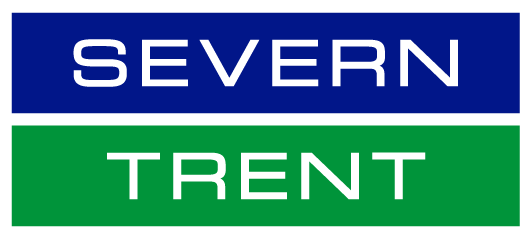Households and businesses offered useful support this winter to help prevent blockages
17th January 2024
Severn Trent has been hitting the roads during the winter period to advise households and businesses on how to dispose of troublesome fats, oils and greases (FOG) properly.
The arrival of colder spells of weather means warm, hearty meals will be cooked as the whole family spends more time together at home or braving the elements and indulging in some nice food at a restaurant to get rid of those winter blues.
With this influx of cooking comes the increase of fats, oils and greases potentially making their way into our sewers.
Severn Trent has teamed up with its contract partners ECAS and its environmental inspectors to continue offering advice to customers so that we can all ‘weather the winter together’.
The focus is on helping to reduce sewer blockages, flooding, and pollution through the award-winning 'engage, educate, and enforce' community programme.
Grant Mitchell, sewer blockages lead at Severn Trent, said: “The work that ECAS and their environmental inspectors are doing to engage customers and businesses in our region is excellent and helping us to get our important messages out there.
“Fats, oils and greases can cause huge problems for our sewers, and we don’t want that to make it a bad start to 2024 or impact our customers, so if we all take some small steps to make changes when cooking, it will help to protect our sewers.”
The busy winter comes after the contract between Severn Trent and ECAS was re-signed to continue the good work already done and help drive positive, sustainable, and long-lasting environmental change in Severn Trent communities.
The successful partnership has seen the team already engage with around 7,500 businesses and 150,000 householders in the Severn Trent region, preventing almost12 million litres of fats, oils, and greases from entering the sewers.
They have established excellent relationships with community groups and worked with all corners of the community, from prisons, castles, and temples – to universities, fast food chains, and theatre companies.
Philip Soden, CEO of ECAS, said: “It’s a real privilege to continue inspiring and uniting customers and communities to think and behave differently in the kitchen so that collectively, we can ensure FOG doesn’t enter the Severn Trent sewers and cause blockages which can lead to sewer floods and pollution.”
To help customers prevent blockages, Severn Trent has provided handy hints that can be shared with neighbours and loved ones to help keep them and their homes protected:
Use kitchen roll to soak up grease from plates and pans before washing up
Collect used cooking oil, fat and grease into a container, jar or tin and put it in the bin once cool
Businesses can make sure their kitchen waste doesn’t interfere with the free flow of the sewers by fitting correctly sized grease trapping equipment, ensuring it’s maintained, and adopting good kitchen habits, such as:
Dry wiping pots and pans before they’re washed in sinks or dishwashers
Using sink strainers to catch food debris before it goes down the plughole
Fitting a food filter
Storing used cooking oil and grease trap contents properly whilst waiting for a registered waste carrier to come and collect it to be recycled
Further information on protecting your home from blockages and flooding this winter can be found here, and advice for commercial kitchens can be found here.
